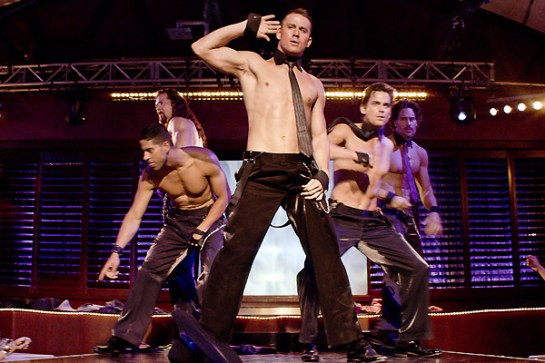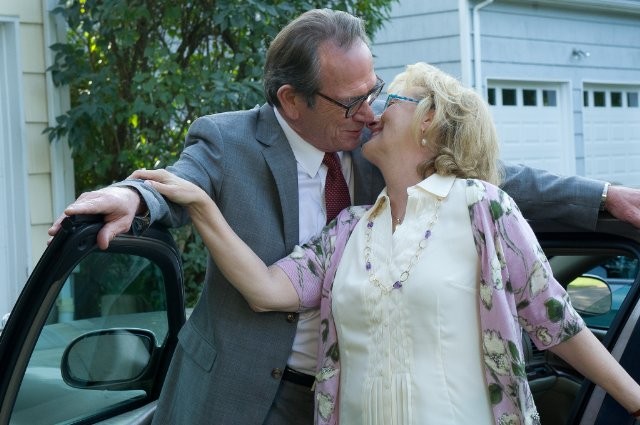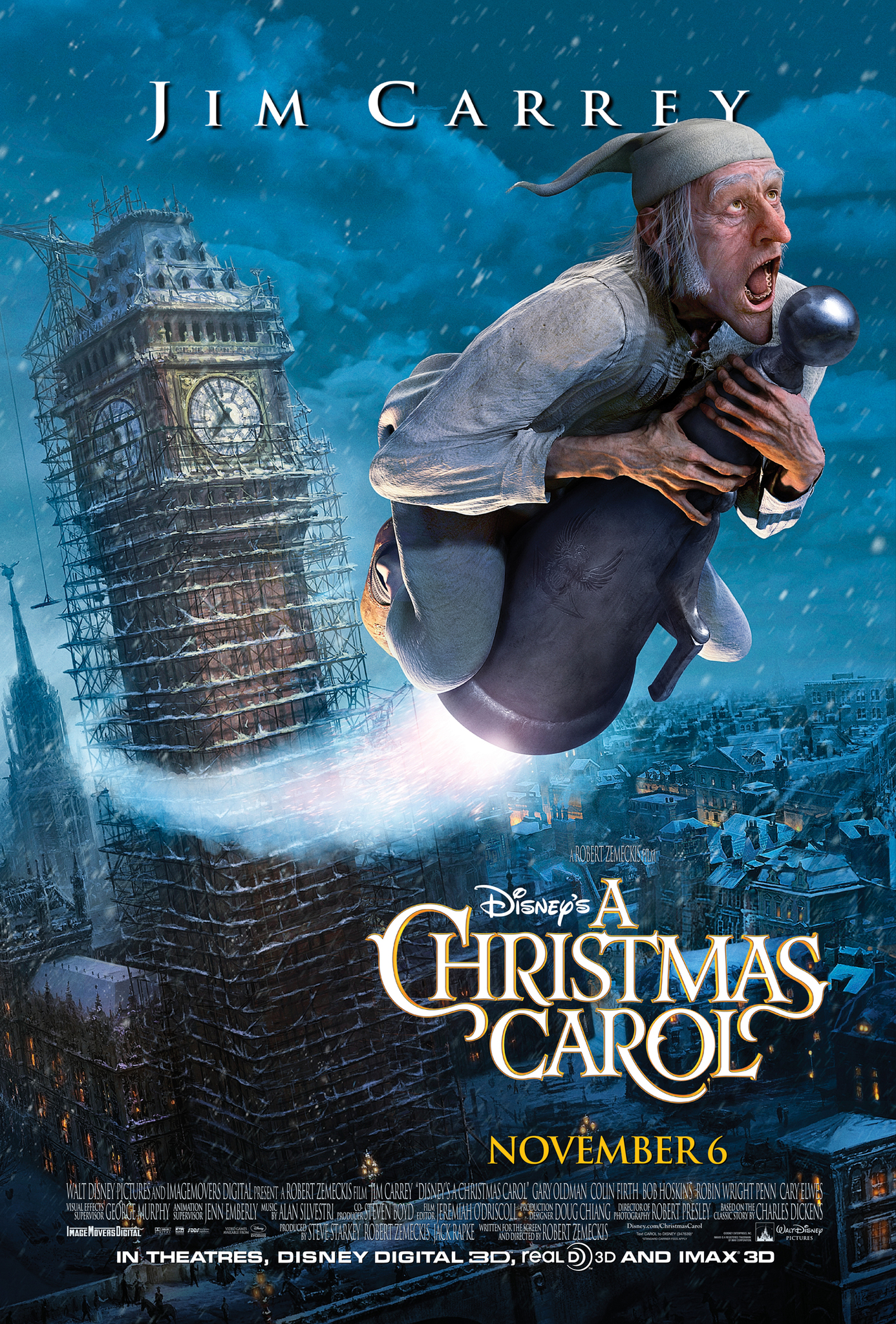This documentary chronicles the work of Act Up in the fight against AIDS and in combat with the government, drug companies and the Catholic Church. It is comprehensive, informative, and fleshed out by contemporaneous film and video. As a historical exemplar, the documentary is important, and it establishes the heart and success of the group, especially in the fight to expedite the testing of drugs and application to lower their cost and expand accesss. Unfortunately, the documentary lacks introspective moments save for internal strife on drug approval speed after one of the first therapies, AZT, turned out to be a mixed bag (a splinter group, TAG, resulted). There is a moving but very brief depiction of a schism in the organization, punctuated by Larry Kramer boiling over at a particularly contentious and petty meeting. Still, the primary goal is as a testimonial. At no point does a participant say, “yea, that was a mistake” or “it turns out that protest was self defeating or counterproductive.”
There is plenty of video of protests and emotional speeches, as well as Reagan hung in effigy, Bush golfing, Anthony Fauci being cavalier, it being beyond discussion that these men are to some extent murderers all. While the work of Act Up was critical, and the documentary is inspiring, ultimately, this film is a little monotonous and reverential. This oral history project of Act Up, particularly the interviews of Mark Harrington and Kramer, serve as an accompaniment while underscoring some of the stories left untold and themes left undeveloped. Perhaps it is Kramer’s Hollywood background, but his interview is chock full of nuggets, greater exploration of some of which might have made this good documentary great:
(on GMHC) There had to be – you had to take people whether they were good or not, because they represented certain genders or certain colors.
* * *
Yes. There was a lot of flak from people like Maxine [Wolfe] about going inside, when we were finally able to go inside. And I said, “Are you crazy? Of course, you go inside! They let you inside! What can you do from the outside?” You can only go so far on the outside. I’m convinced that the destruction – well we can get to that later, but – the destruction of ACT UP was the severing of this dual nature. What destroyed ACT UP was when Treatment and Data picked up their marbles and went somewhere else, leaving only the bad guys, so to speak.
* * *
(on the schism of Act Up and TAG) LK: Because they became drunk on hubris – drunk on their brains, drunk on the very things Maxine predicted, I might add. They were drunk on their power. They could sit down with the head of Bristol-Myers or the chief scientists. They could call all these people up and they could do it on their own from then on, and they didn’t need anyone fighting on the outside for them. And perhaps they became a little ashamed of us, I don’t know. But I will never forgive them for it. I feel that strongly about it – to this day. Mark and I don’t talk – haven’t for years. I don’t know. I don’t know. You don’t know how close I came to dying a couple of years ago because of the Hepatitis B in my liver. I was given six months to live. I don’t know if you remember – I looked like this. And, I had no energy. And they told me – that was the end, because livers were not available. And the days were ticking away. Just prior to that, Dr. Fauci – the man I had called a murderer many years before – has become one of my closest friends. Talk about a moving story of irony. He saw me somewhere and he said, “You look terrible.” And they put me in the NIH hospital, and they discovered a lot of this shit, that had not been discovered in me before.
* * *
SS: Which one of these drugs do you feel exist as a consequence of ACT UP? LK: All of them. I have no doubt in my mind. Those fucking drugs are out there because of ACT UP. And that’s our greatest, greatest achievement – totally.
* * *
You’ve got Koch in New York City, you’ve got Krause at the head of NIAID, which is the most important institute at the NIH for looking after infectious diseases, and we’ve got this prick in the White House, who’s got a supposedly gay son. It’s a famous story. All the heads of the various institutes can live in their own houses. It looks like a college campus – it’s very pretty. And the head of NIAID was a guy called Richard Krause, and he invited me out to lunch, and his assistant was a guy called Jack Whitescarver, and they gave me all this bullshit about – there was money for this, and money for that, and this is happening and column A, and column B – and I called him on everything. And he had to leave and the dishes were all there, so Jack Whitescarver and I washed the dishes in this house. And I had to go to the john, and I went upstairs – there was only one john on the second floor. And coming out of the john I look into this bedroom, and there are bookcases and things and photos all around. What writer isn’t nosy? This one certainly is. So, I go in the bedroom and on Krause’s bureau are pictures of him with all these guys in bathing suits. And I say, “Holy fucking shit, this guy is gay!” And I go downstairs and I say – Whitescarver whispers to me, “I want you to know that my friend and I just loved Faggots.” So I looked him in the eye and I said, “Jack, is Krause gay?” Not a sound.
* * *
SS: Larry I forgot something that I wanted to ask you, and this is just a personal question. I remember at Vito Russo’s funeral, you made this speech where you said, “We killed Vito, don’t you know that? Can’t you see that?” And I remember feeling as I was sitting there, that I was not the appropriate target of that speech. That was just a personal reaction that I had, sitting there. And I’m wondering if you have had any hindsight on that kind of rhetoric or that sort of approach? LK: You’re too sensitive. I have tried, in my time, many kinds of rhetoric – you read Reports from the Holocaust and there are many attempts at different tactics and voices. Sometimes you need one, sometimes you need another. You keep looking. You make it up as you go along. When Vito died, everybody was dying, and there still weren’t that many people out there fighting, so we did kill Vito. And yes, you were a target – everybody was a target – as many people that were in that room, it didn’t equal the membership of ACT UP. I yell at gay people, still.











